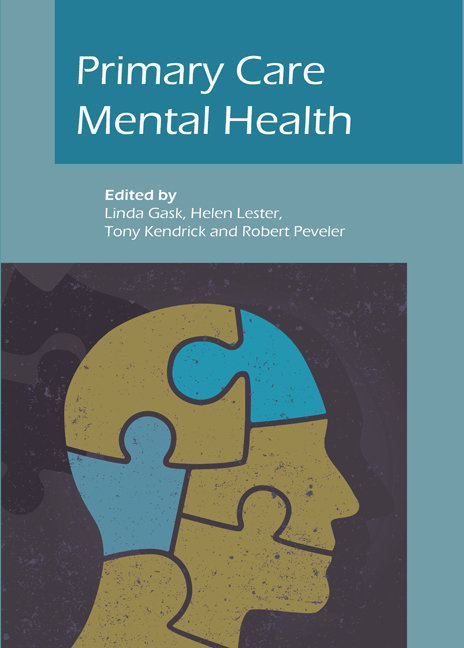Book contents
Racing pigeons and rolling rocks: reflections on complex problems in primary care
from Epilogue
Summary
A complex consultation
Iain Simmons comes to see me one morning. He is 55, charming and affable, and usually he has a good joke to tell me about his days as a restauranteur with the British Army on the Rhine. But not today. Today he has a lot on his mind. He starts by telling me his feet are playing up again. Then he moves on to ‘some funny “do”s I've been having, you know like blackouts or something’, three or four of them in the past month. When I ask him to tell me more he immediately says (with a sheepish smile), ‘Well, I guess I've been drinking too much again’. Indeed he has. Without much prompting he tells me he's getting through at least half a litre of vodka a day, and doing so mostly on his own at home. And he is smoking at least 50 cigarettes a day.
I know Iain has other problems. He has adult-onset diabetes mellitus, with peripheral neuropathy, for which he is prescribed a daily 40 mg tablet of gliclazide. His diabetes, unsurprisingly, is not well controlled. His most recent fasting blood sugar level was 11.8 mmol/l (more than 50% above the top of the recommended range) and his glycosylated haemoglobin level was 8.9 mmol/l, which puts him in our local laboratory's category of ‘moderately poor control’. His blood pressure is marginally raised at 148/92 mmHg this morning.
Iain's wife, who is a district nurse, is also worried about his drinking. Indeed, it turns out it was she who persuaded him to come to see me, to ‘get something done about it’. He retired from bar and restaurant management 5 years ago. They have three children, all now grown up and living away from home.
When – using my best primary care consultation skills – I ask Iain to tell me more about his worries and concerns, he has a long list. Apart from his ‘blackouts’ and binge drinking, he reminds me about his painful feet and now tells me his teeth also hurt a lot. He is sleeping badly and is often irritable. He has little interest in ordinary things such as watching television or reading. He rarely goes out of his house, partly due to the pain of walking, and he is alarmed to find that he can no longer be bothered to see his children.
- Type
- Chapter
- Information
- Primary Care Mental Health , pp. 472 - 478Publisher: Royal College of PsychiatristsFirst published in: 2017



